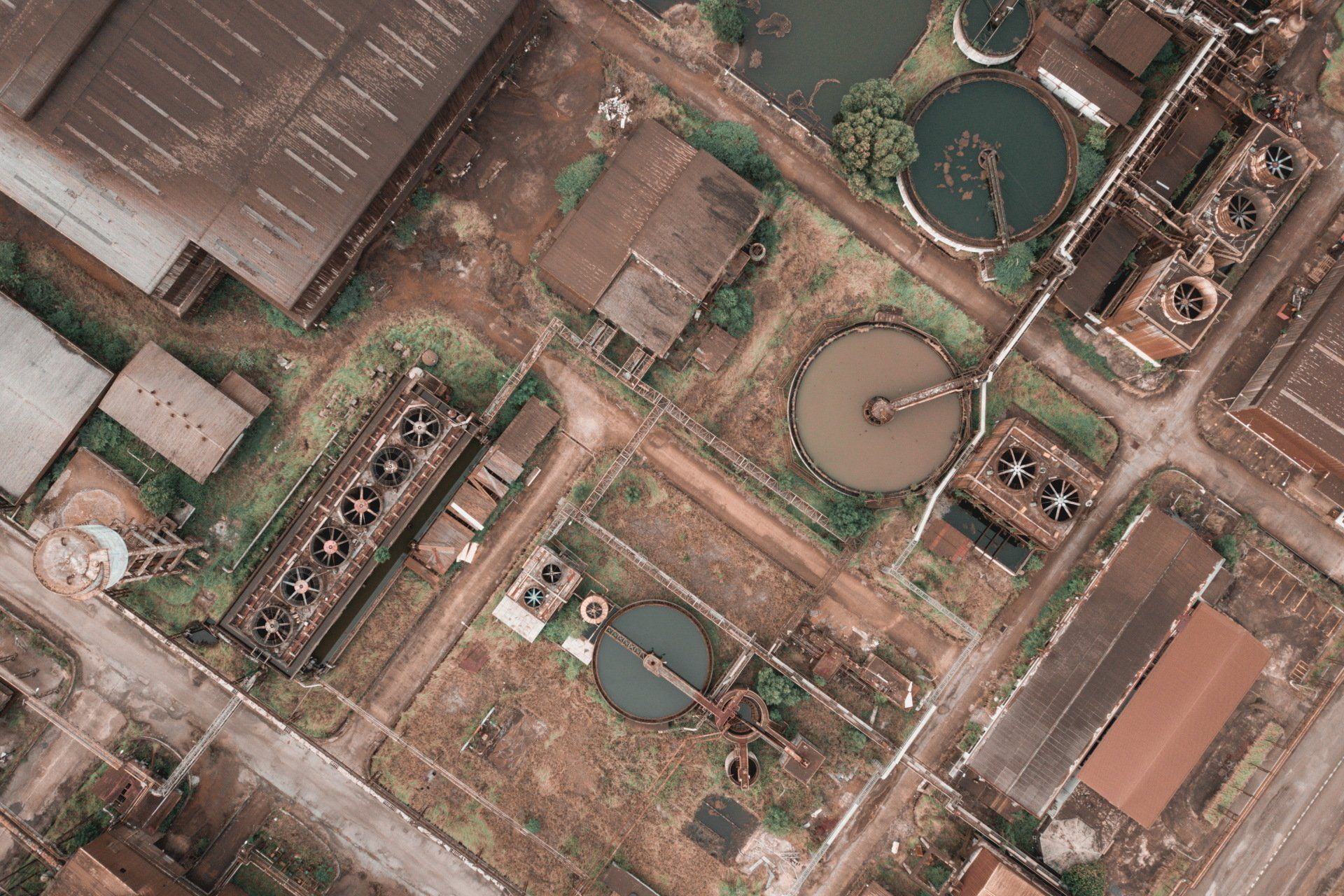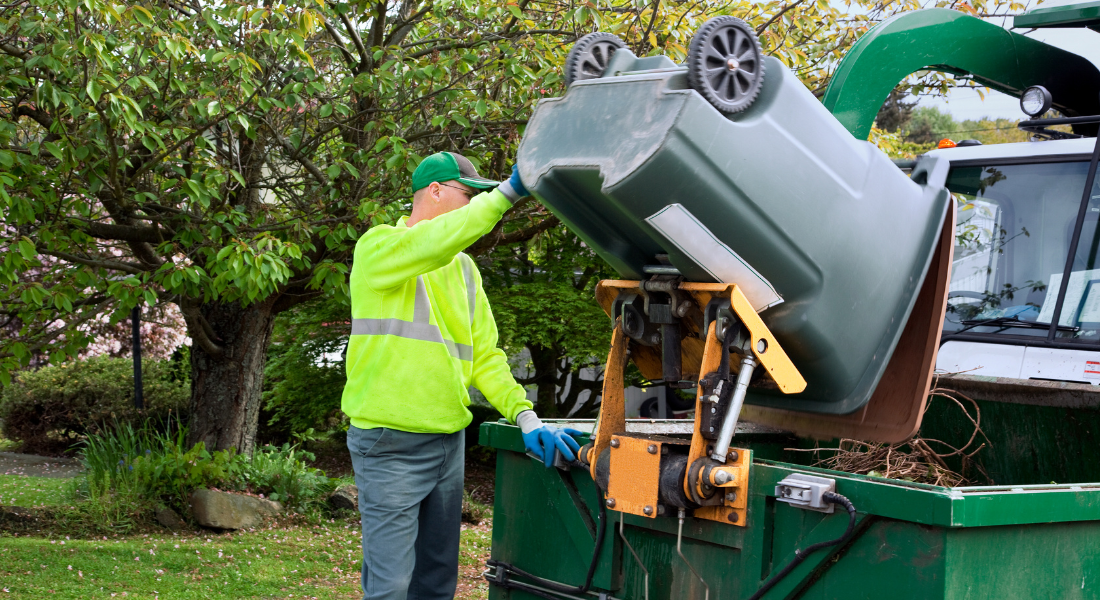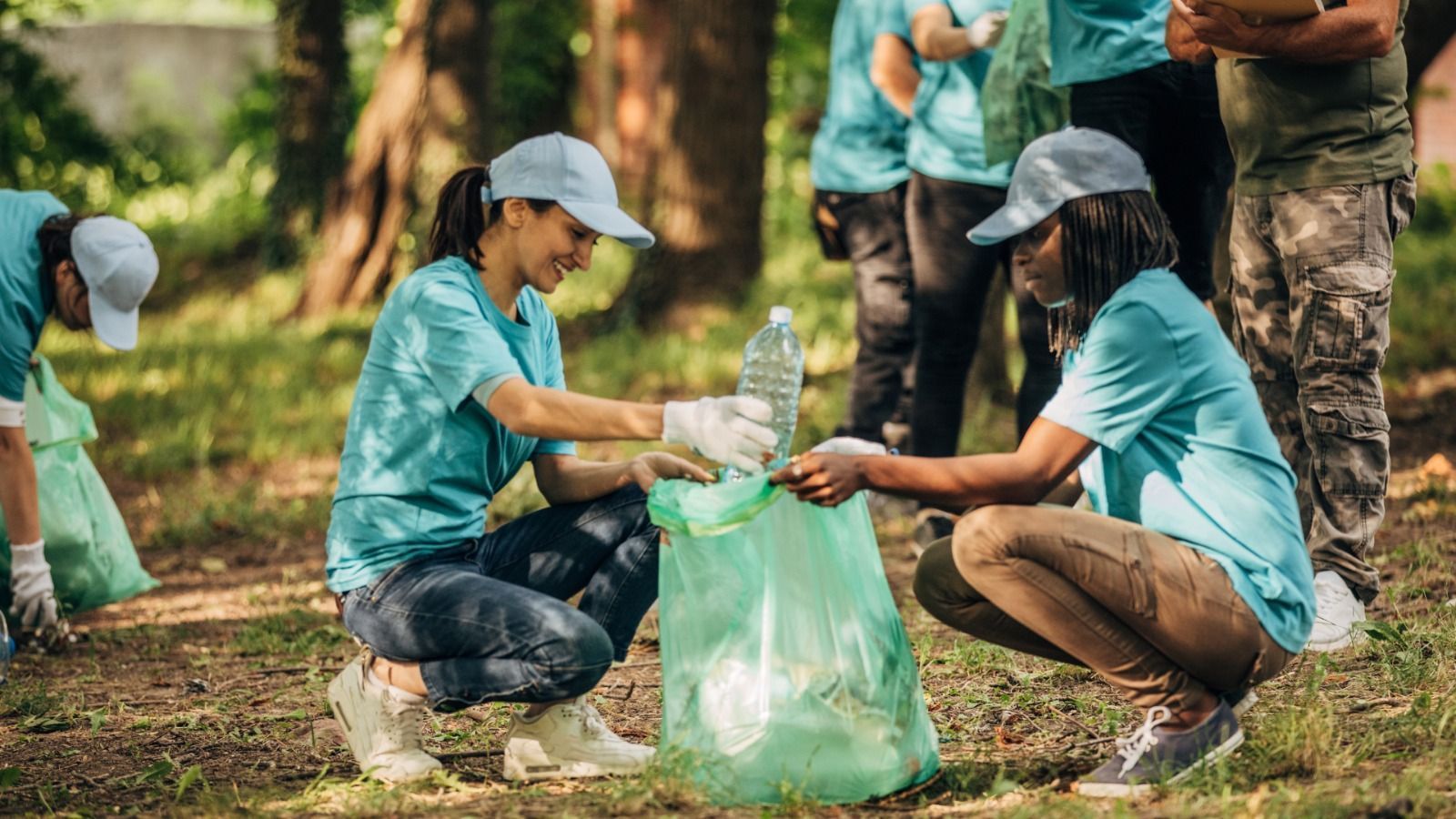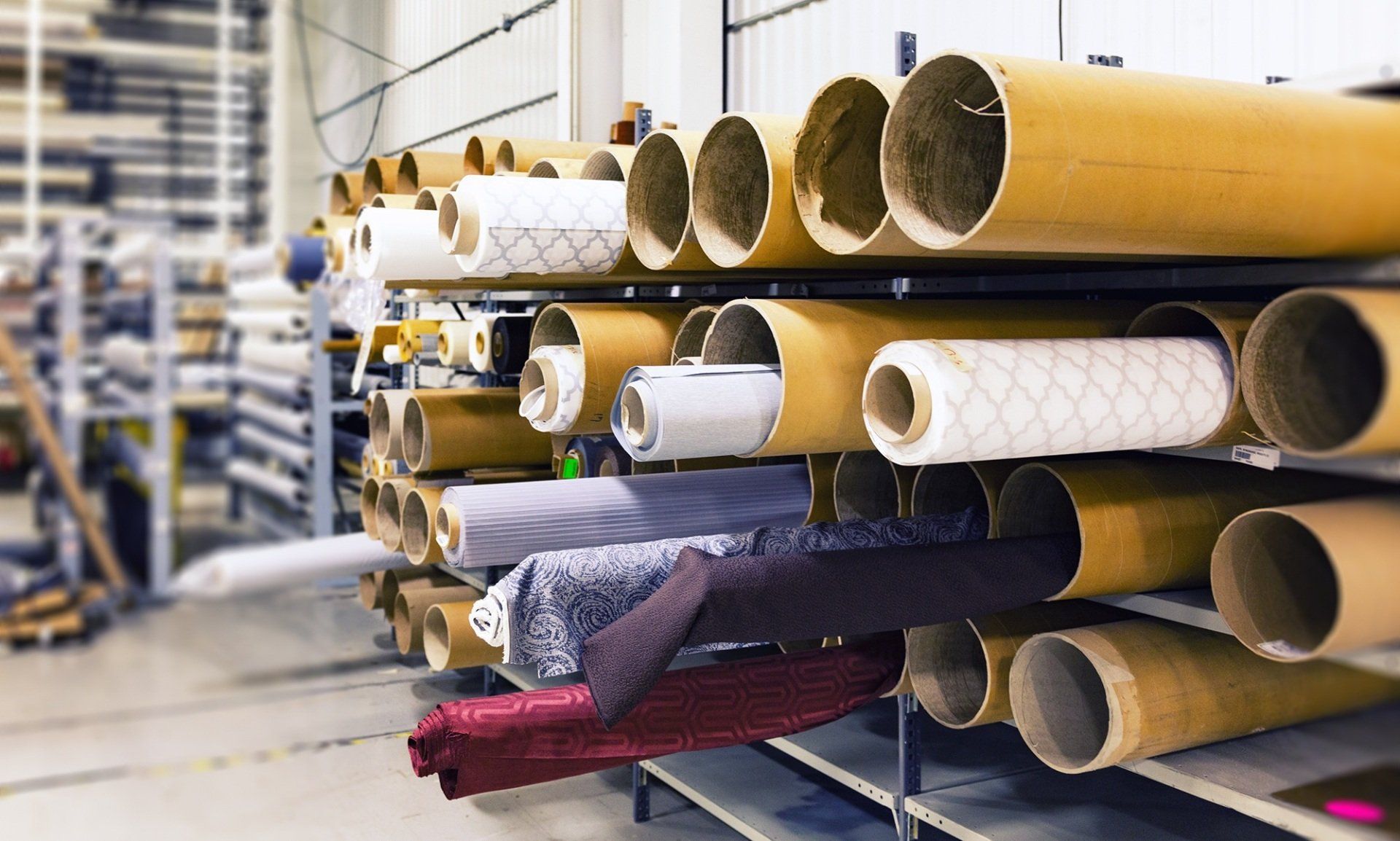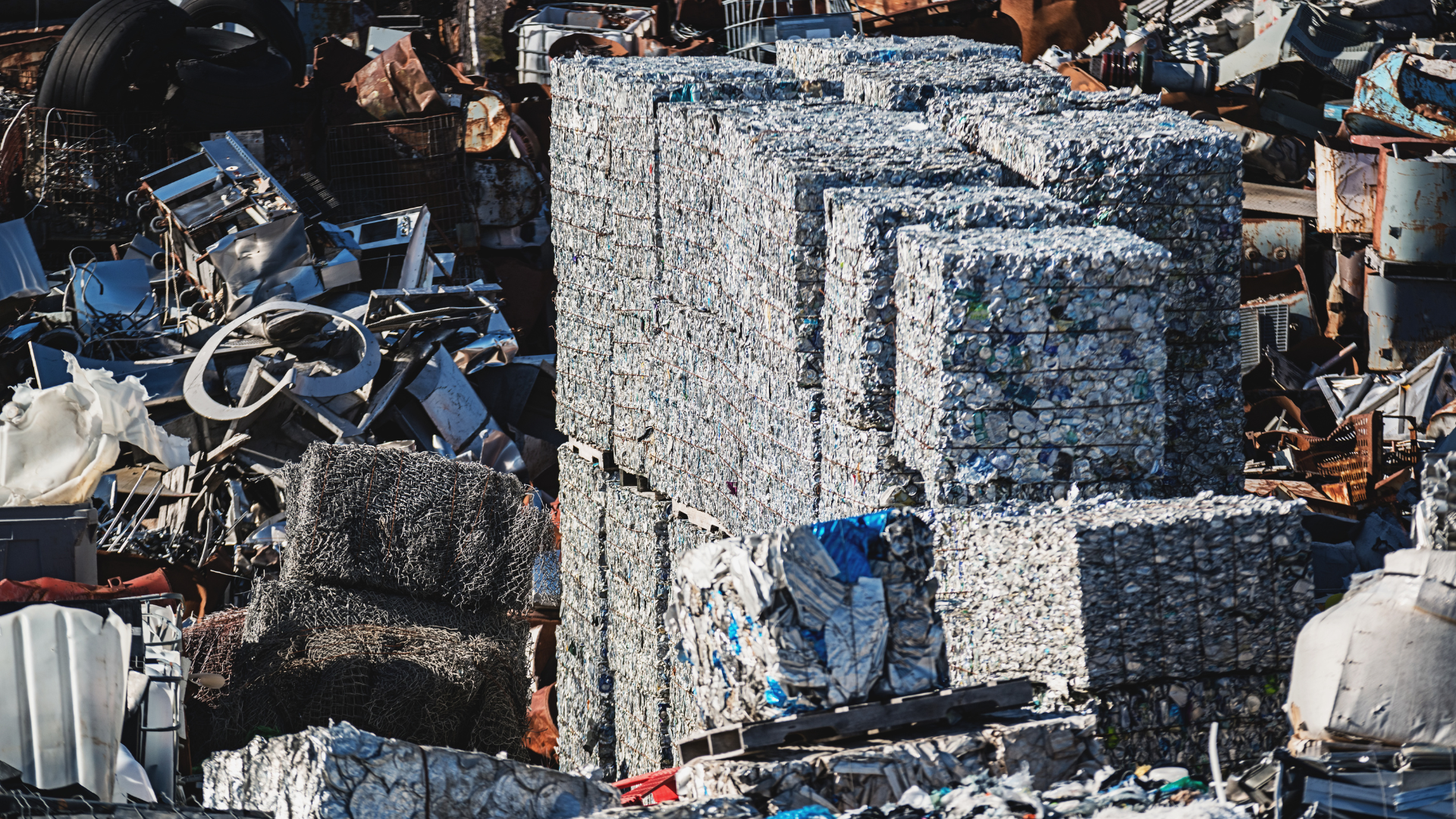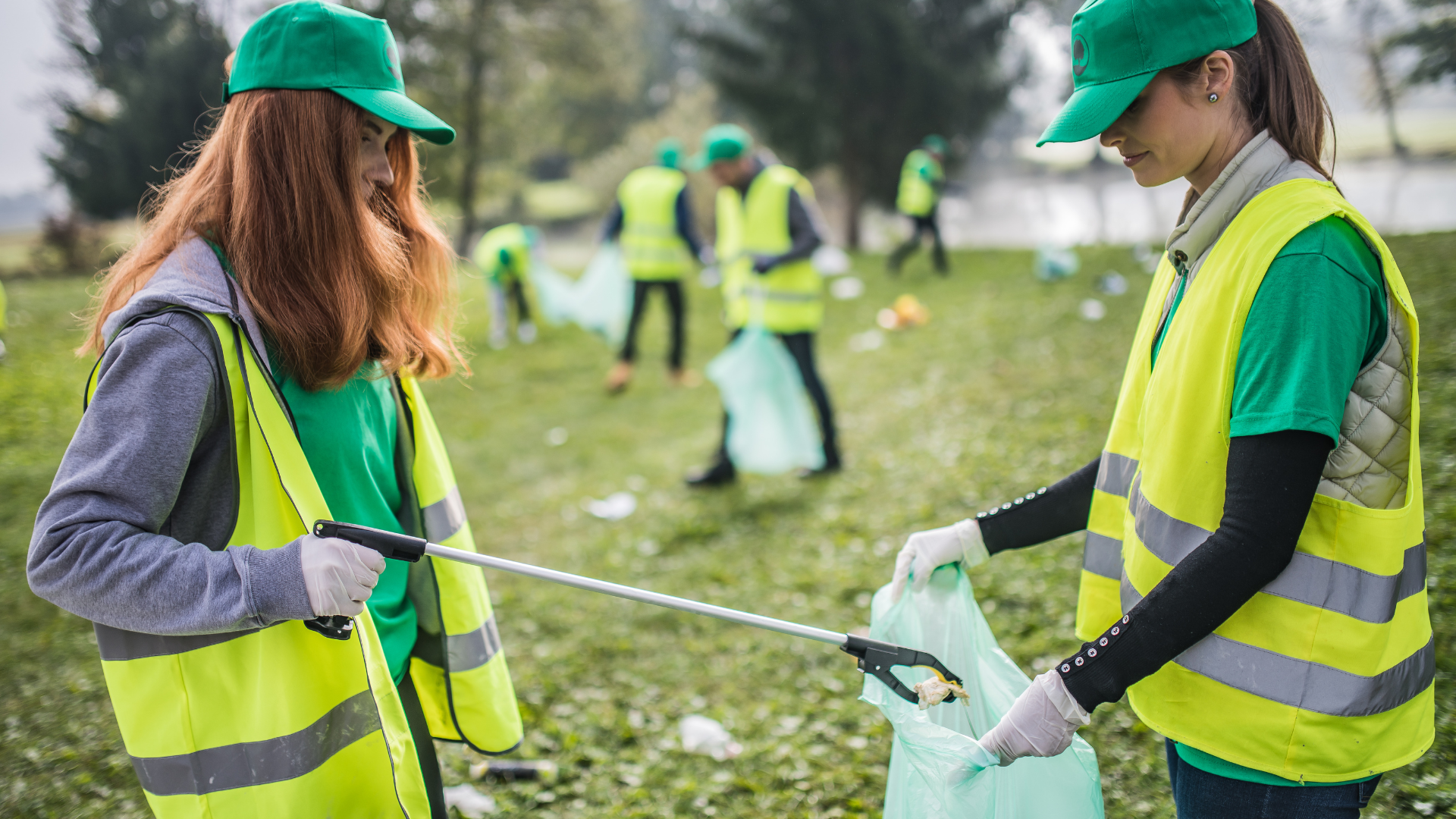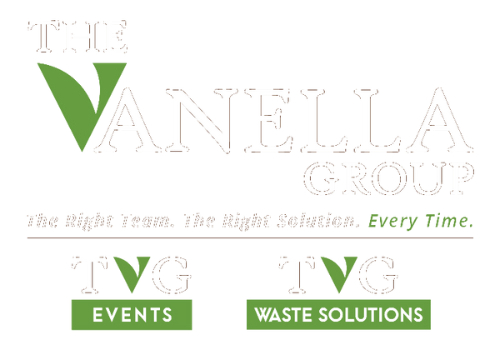Reduce, Reuse and Recycle Ways to Save Money
Brad • April 27, 2020
Going green can be a great way to help the environment. We are people that have access to endless products and conveniences and normally this will increase garbage and sometimes pollution. Many of us have heard the phrase, "Reduce, Reuse, Recycle", however, living greener can seem daunting at first. The 3 R's can be a great motivator by learning about the money that can be saved by your efforts!
Right-sizing your container volumes (Are your containers full?)
Would you sign up to have air hauled away from your business? That's essentially what happens every time your hauler takes away or dumps a dumpster or compactor that's only partially full.
There are three simple steps to right size your service:
- Make sure everything in your trash dumpsters or compactors is actually trash. We've found that, in general, 50% of everything thrown away is recyclable but only 20% is captured. Chances are, you can reduce the volume of your trash by 30% just by maximizing recycling opportunities. You still have to pay to have single-stream recyclables hauled, but that is on average, one half the cost .
- Are you on a regular pick-up schedule or do you call for a pick-up as needed? This is a process most people don't want to manage, but with available technology, can be much easier than you think.
- Look at every invoice for overcharges. Compare charges against your contract or franchise rate.
Maximize your recycling system
Utilize optimal recycling containers and setup. The right containers for the job will vary depending on your business. In order to maximize your recycling rate, we recommend a top down approach.
Make sure you are paying a competitive price for hauling services
A well-managed collection program assesses all cost-factors and cost-saving solutions, which often results in operational efficiencies and cost savings. This is where hiring a professional can make a big difference.
It’s important to run a total cost analysis for all environmental programs, factoring in both site and operational costs; including competitive pricing, service frequency optimization, tonnage optimization, equipment right-sizing, invoice auditing, and consolidated billing, if applicable.
When opportunities are reviewed and deployed on a continual basis, operational efficiency and cost savings can become a system-wide norm and enable businesses to save money while increasing recycling, and overall smother operations.
It’s important to run a total cost analysis for all environmental programs, factoring in both site and operational costs; including competitive pricing, service frequency optimization, tonnage optimization, equipment right-sizing, invoice auditing, and consolidated billing, if applicable.
When opportunities are reviewed and deployed on a continual basis, operational efficiency and cost savings can become a system-wide norm and enable businesses to save money while increasing recycling, and overall smother operations.
Consider a waste stream audit (What are you throwing away)
A good waste-stream audit will help you figure out not just how much you're throwing out each month — it'll also help you understand what you are throwing away. You probably discard “waste” every day that could be recycled, composted, or otherwise diverted from the trash.
To get a grip on your waste and shed it pound by pound, hire a professional for comprehensive waste-stream audit. A waste-stream audit will help you:
To get a grip on your waste and shed it pound by pound, hire a professional for comprehensive waste-stream audit. A waste-stream audit will help you:
- Determine the quantity and type of waste generated.
- Identify potential areas for waste reduction and diversion.
- Identify opportunities for recycling and reusing materials.
- Validate the costs and the savings for implementing a waste management plan.
- Enable you to set a landfill diversion goal to improve your recycling and waste-reducing activities.
Use what you find in audit to make positive changes
By reducing waste you will save money, it is nothing more simple than that.
Contact us today, TVG Waste Consulting provides proactive waste consulting services. With personalized service, TVG Waste Consulting has the expertise to secure the very best vendors to provide sustainability to your operations.
Contact us today, TVG Waste Consulting provides proactive waste consulting services. With personalized service, TVG Waste Consulting has the expertise to secure the very best vendors to provide sustainability to your operations.
Options For You To Save Money
- Reduce. One of the biggest ways to save money and reduce your impact on the Earth is to simply reduce the number of things that you buy. By buying less, you’ll spend less money and use fewer resources. Examples would be to only purchase the foods you need and know that you will eat. Before buying something new take the time to decide if you truly need it, and will actually use and have room for an item before buying. Often times after some thought you will realize that you were only looking for something new and shiny but overall it was unnecessary. Also, try to choose items with less packing material as product packaging makes up more than 30% of the waste stream in the developed world. When possible, buy in bulk, this not only keeps you from purchasing the same item/s more frequently which costs more in the long run. What’s more, if buying online, bulk orders can save on shipping costs.
- Reuse. Most of us are guilty of having a collection of things that we no longer use. Instead of allowing these things to collect and take-up space, decide to find a new purpose for those items. While your belongings may now lack the luster they had when they were new to you, they may be just what someone else is looking for. Consider selling or donating clothes that you no longer have a purpose. If you know how to sew and your wardrobe still has some life to them, then you can give them some new updates or use them in your crafting room for new projects. With a little manual labor, you can take your old furniture and give it a new purpose. Furniture can be brought back to life and used in a completely different way. An old dresser and be repurposed into storage for your bathroom. An old coffee table can transform into a great lego table for the kid's play area. Another idea is to take the old books that you have already read and are currently collecting dust to a used book store and enjoy the extra cash in your wallet instead. These ideas of reusing what we have will reduce the money that would be spent on new items!
- Recycle . Recycling can be more than just the bins you toss cardboard and plastic into. An example could be to take any scrap metal that you are letting pile up and that the few minutes to go to the scrap metal business and collect the cash. An obvious choice would be to take the time to get a refund from your cans and bottles instead of letting them pile up or just putting them in the regular recycle bin. Earn a gift card or credit to your auto parts store by bringing in your old car battery. Don't forget that some companies will also give you credit if you return old ink cartridges to them. Each store may have its own policy so check the store nearest you for rules and regulations. Old cell phones often have value, either to someone looking for a less expensive used phone, or by turning it in at the cellular store you use for store credit.
Other Ideas For Zero Waste Money Making
- Composting. Simply put trash is expensive. Not only do we pay for our garbage to be picked up from the curb, but we also pay for its disposal. So, naturally, one way to save money is to reduce our trash altogether. Food and yard clippings are examples of a larger portion of what ends up in our trash. Composting it instead can cut the amount of waste sent to landfills, as well as the price we pay for its pick-up and disposal.
- Pay As You Throw. Cities and towns with PAYT programs charge residents fees based on the amount of trash they generate. Therefore, the more trash you have, the higher the cost of collection. Towns with PAYT programs have 40 to 50% less trash than those without, decreasing trash collection costs and saving residents money.
- Reusable Instead Of Disposable. The use of disposable single-use products not only increased the amount of trash output but strains our wallets. Each time we throw an item out, we then need to buy a new one, basically spending more money where we don’t have to. Reusable items like water bottles, grocery totes, and food containers saves you money over the long-term, while also saving our environment and our neighborhoods from being burdened with more trash.
- Buy In Bulk . When possible, buy in bulk, this not only keeps you from purchasing the same item/s more frequently which costs more in the long run. What’s more, if buying online, bulk orders can save on shipping costs.
The Takeaway
By reducing waste
and saving money, you’ll have more money in your bank account, businesses can invest more in their employees, cities and towns can build healthier communities, and the government can invest funds in other pressing issues like transportation, housing, and education.
Contact us
today, TVG Waste Consulting provides proactive waste consulting services. With personalized service, TVG Waste Consulting
has the expertise to secure the very best vendors to provide sustainability to your operations.
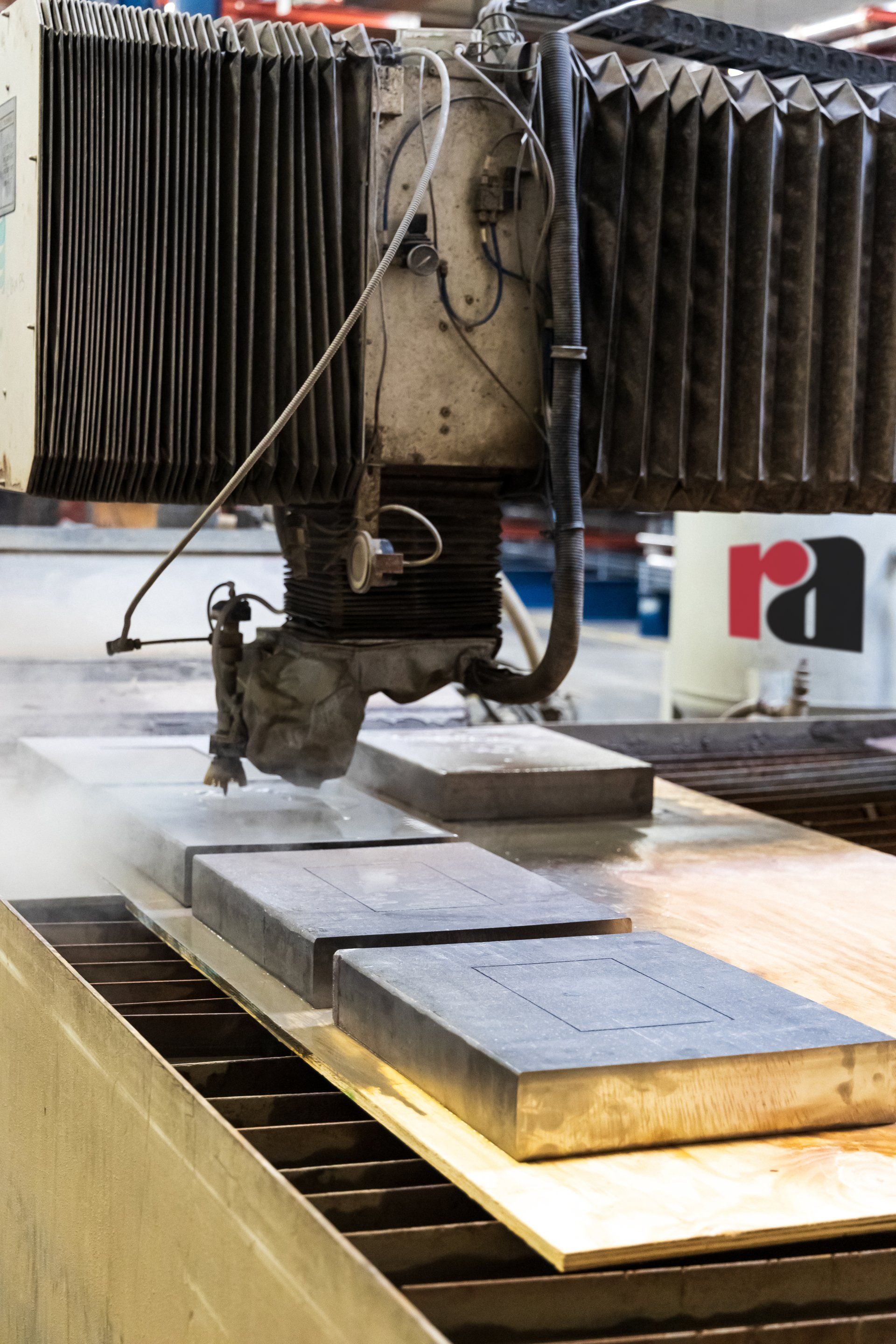
Strategizing on waste solutions goes beyond the confines of the business premises. It extends to the choice of suppliers and partners that a business collaborates with. Working with eco-friendly suppliers means that the products entering the manufacturing process are already optimized for minimal waste.
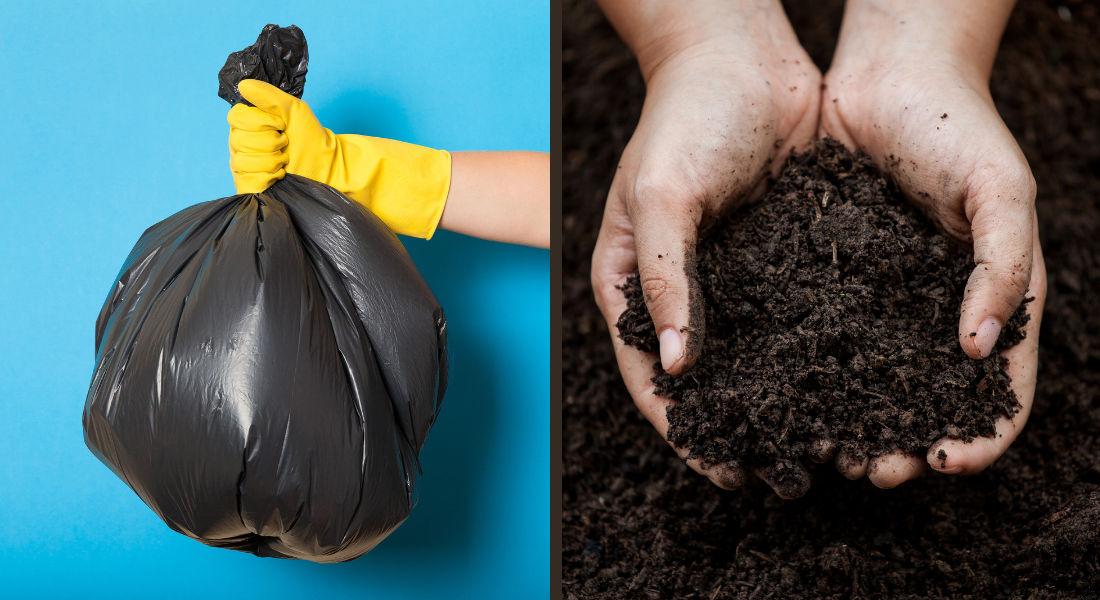
That crumpled receipt. The worn-out tennis shoes with the holes. The leftover spaghetti that's been in the fridge just a little too long. When we're ready to get rid of our waste, we toss it in the bin without a second thought. But where does our trash go after it leaves our homes? What happens to it next? The life cycle of garbage is more complex than you might think. By understanding the path our waste takes, we can make more informed choices to reduce its environmental impact.

